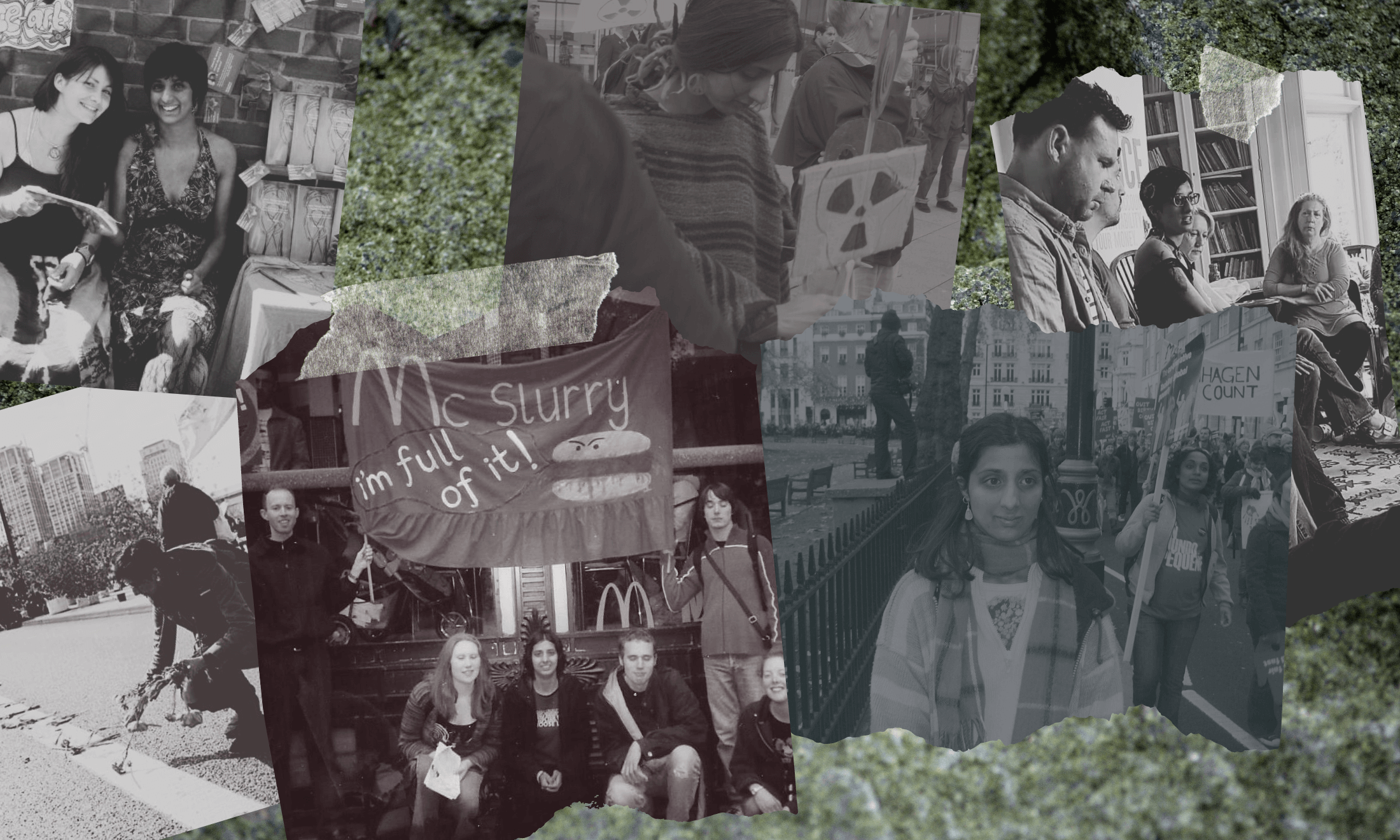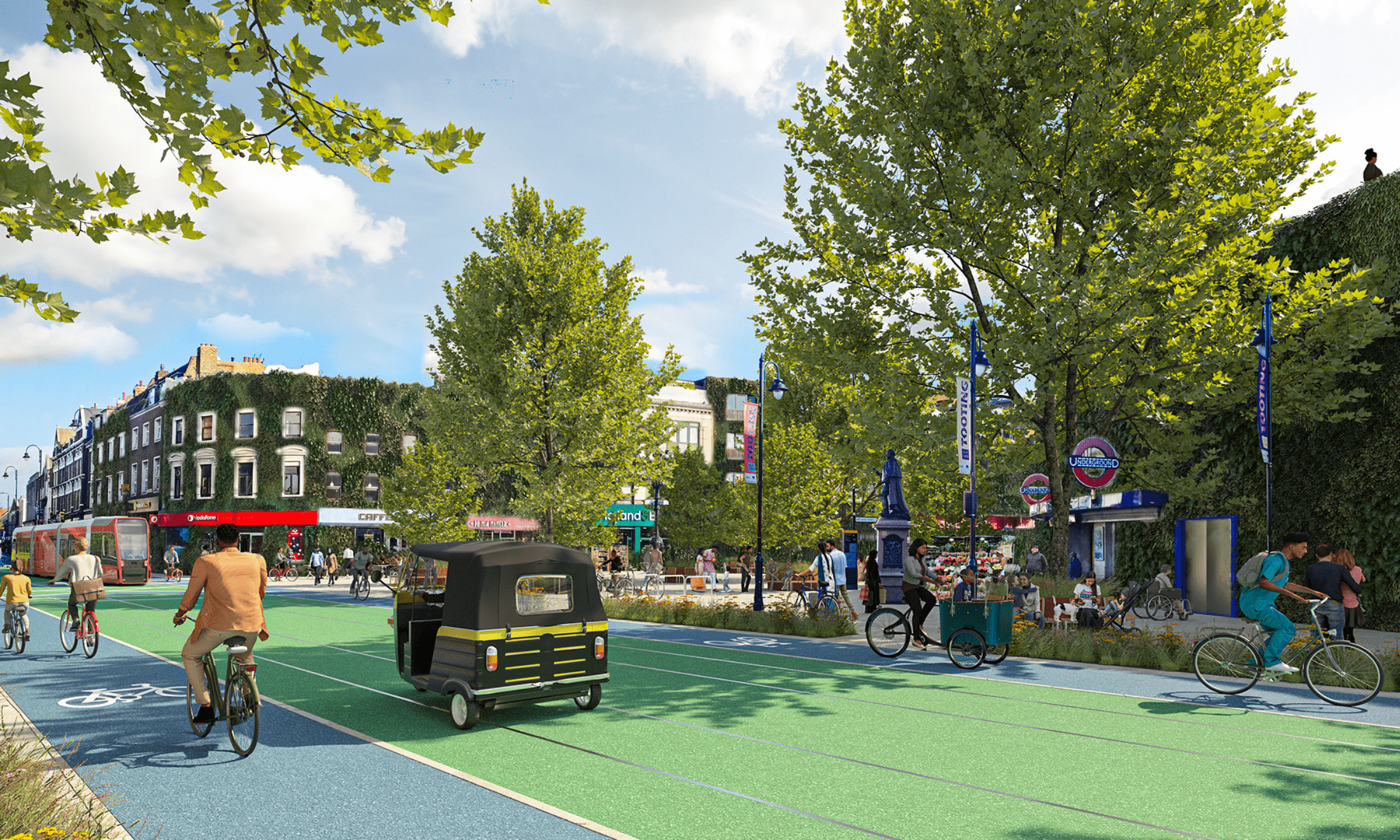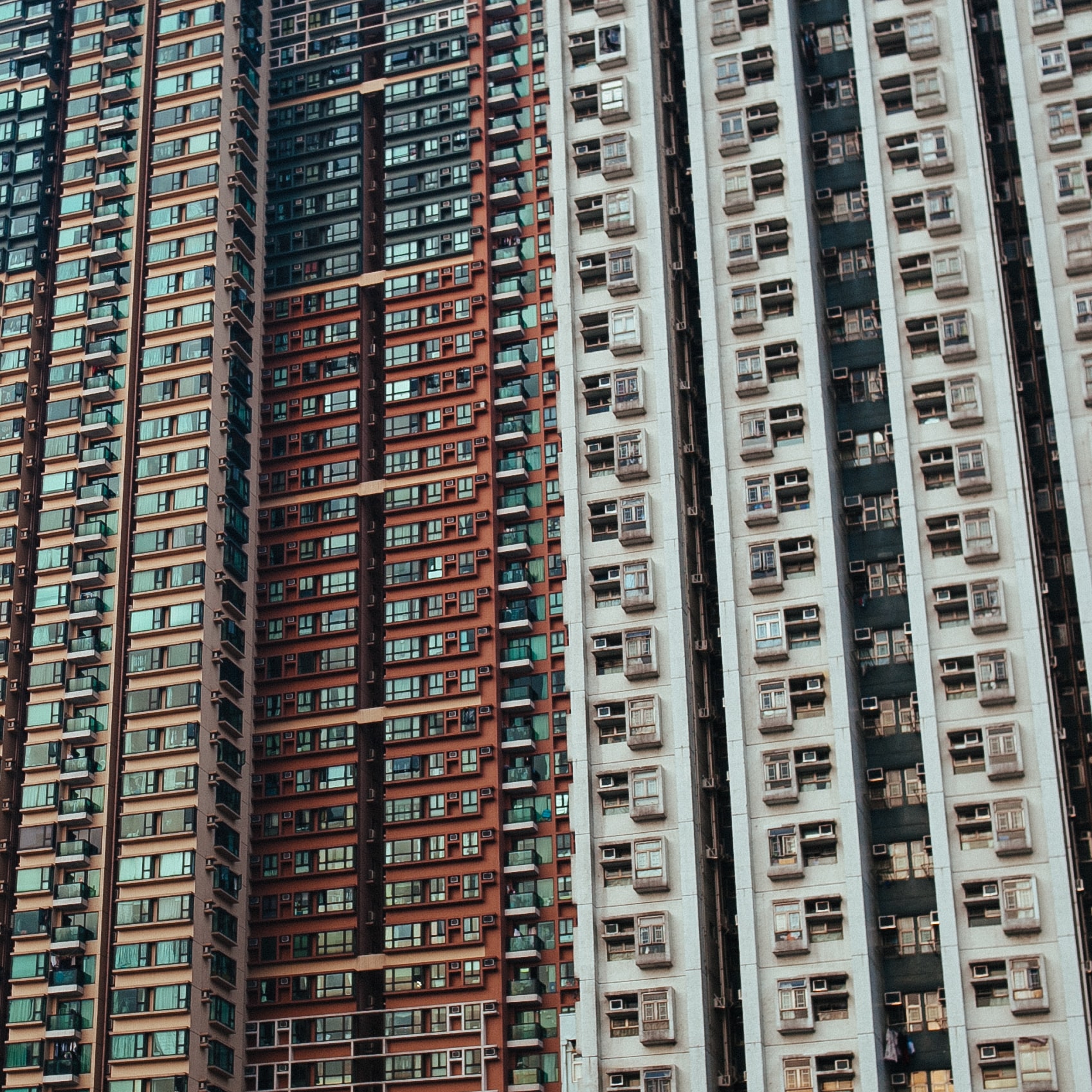
Author
In my 16 years as a climate activist of colour, this is what I’ve learned
Environmental groups are recognising the need for diversity within their movements, but do they understand the experiences of climate activists of colour?
Zion Lights and Editors
10 Jan 2022
I’ve cared about environmental issues for as long as I can remember. As a kid growing up in inner-city Birmingham, I begged my parents to let me gather up our recyclable items so we could take them to the local collection sites (this was before curbside recycling existed). I have a vivid memory of rummaging through the kitchen bin to collect and separate out the glass and paper into piles. My parents were initially baffled by my behaviour. Hadn’t they escaped poverty in the rural Punjab region of India so that they wouldn’t have to watch their children do things like this?
University was my first introduction to proper climate activism. I befriended a small group of well-off, private school educated students, and together we set up Reading University’s first environmental campaign group in 2003, which campaigned to make the university campus greener. But I always felt out of place. I couldn’t put my finger on it at the time; whether it was to do with having grown up poor unlike my fellow middle-class activist friends, or because I was the daughter of immigrants, or simply because I was the only woman of colour at all of our events or whether it was something else I wasn’t aware of. I do, however, distinctly remember my discomfort around comments on ‘overpopulation’ in my parents’ home country – an argument environmentalists still use today to point blame at poorer countries for environmental issues.
“I distinctly remember my discomfort around comments on ‘overpopulation’ in my parents’ home country”
After university, I joined a new environmental group that involved squatting land once a year in a different part of the country and taking part in direct action protests. We set up tents in regional areas so we could meet people who lived close to us, and lived communally for the week, looking after the site and cooking meals together. As expected, this was another wealthy, highly-educated movement led by white people, but I didn’t feel unwelcome when I turned up to my first event at Heathrow Airport in 2007, or when I attended many of their gatherings from that point on.
Yet there was still a palpable awkwardness. When we went on a march to the RBS Bank HQ in Edinburgh we had been camping next to, it became a direct action without warning that I hadn’t consented to be part of. Other activists began smashing windows and we were heavily surrounded by police and risked arrest before I realised what was happening. At the Kingsnorth Climate Camp in Kent in 2008, I experienced police brutality first-hand, which left me feeling more alone than ever. While an activist friend of mine nonchalantly danced to the beat of a bongo as police kettled other protesters, I felt panic about how I’d be treated if I was arrested.
Another thing that grated on me was the idolisation of the concept of ‘living on the land’ within these climate activist circles. While it was enjoyable to hang out with friends in a field for a week, I felt that the group romanticised a mostly unsustainable lifestyle, which for many people would be unrealistic to maintain in our modern world. I felt like the approach of essentially idolising poverty laughed in the face of my family in rural India who live in actual energy poverty, with no or little intermittent access to electricity, and who want to develop a high quality of life to be protected from the increasing impacts of climate change.
“At the Kingsnorth Climate Camp in Kent in 2008, I experienced police brutality first-hand, which left me feeling more alone than ever”
This notion of living with less is known as degrowth. It’s the argument that economic growth is inherently harmful to people and the planet, and it has gained popularity recently especially among those who believe we are doomed to become extinct. Degrowth has become a popular activist slogan and social movement, and has been platformed by some of the popular climate groups in the UK and in the US. Although we do need to live less wasteful lifestyles and question overconsumption, the issue with the degrowth narrative is that it can veer into the dangerous territory of arguing against economic development for countries in the Global South, when in fact, there is strong evidence that economic growth can be achieved while reducing emissions.
We are so used to being energy-rich in the Global North that we don’t even think about it. We expect the light to come on when we flick the switch, and it does. We expect heating, to be able to cook easily, and so on. We don’t expect to sit in darkness when the sun goes down. And in the Global South, much energy will be required to deal with the effects of the climate crisis; air conditioning indoor spaces that will become unbearably hot, hydrogen production, or the process of desalination which is used to turn ocean water into drinking water in countries where there are increasing droughts.
People in my parents’ home village in Mandi represent the lives of billions of people around the world who live in poverty. To develop, they need infrastructure. They want, and deserve, what we in the wealthy nations have enjoyed comfortably for so long. Yet we have obtained it through burning vast amounts of fossil fuels. In order to improve this situation, governments in wealthy nations need to develop and transition to cleaner energy alternatives. Whether we like it or not, nuclear has already been helping achieve this in places like France, the US and the UK.
“I felt that the group romanticised a mostly unsustainable lifestyle, which for many people would be unrealistic to maintain in our modern world”
I believe the logical sustainable energy alternative that’s left is nuclear energy – but that is also something that environmental NGOs have been lobbying against for decades. Concerns around waste, cost, and safety seem to be the main sticking points, yet nuclear is infinitely safer than fossil fuels, the waste is well managed and has never harmed anyone, and the cost is minimal when you consider that plants can provide clean energy for 60 years and longer. If the UK had switched to nuclear energy as France did throughout the 1960s and 1970s, we’d have the same clean energy mix they do as over 70% of their electricity comes from nuclear, making our commitments to 1.5C that much easier.
My concerns over lack of consideration for Global South countries have translated into the activist space too. In 2019, Extinction Rebellion (XR) asked me to join as a spokesperson for the UK group in London. I accepted the role because I felt that we shared the same common goal in wanting to finally put climate change on the agenda. However, I walked away from my role in XR a year later when I felt that, although we had done good work in bringing the world’s attention to climate change, the organisation was now doing more harm than good.
Many things led me to this decision. I disagreed with the Canning Town action, which impacted ordinary working-class people and minority groups the most – a point that was raised by many of us before the action took place. One of the loudest spokespeople and founders of XR also made offensive comments about the Holocaust. Minority voices weren’t being heard, and many of them left during this time.
“If we can’t achieve system change, and we may not be able to, what are the alternative options while the clock ticks?”
Those of us who remained banded together to create our own group, called XR People of Colour, and we wrote an open letter to the XR leadership to ask that they consider the way we were being treated. This letter achieved little. I remember one core campaigner telling me at the time in 2019, bluntly, that “race issues have no place in climate action”, and another one telling me that I had “PTSD issues about race” because I called for accountability when people experienced racism in the organisation. gal-dem reached out to the Extinction Rebellion UK team, to which the organisation responded: “XR UK understands the climate and ecological emergency is currently, and in its historical causes, a highly racialised situation, with its legacy in the extractive and exploitative practices of colonialism.”
If we can’t achieve system change as XR prioritises, and we may not be able to, what are the alternative options while the clock ticks? People are already suffering because of climate change – especially in the Global South. A true environmental group for people and the planet would put those people first.
It has never been far from my mind as an activist that my people who live in poverty in rural Punjab in India – rice farmers who toil daily in scorching temperatures – do not live in an idyllic paradise. We need solid policies, reform and practical, tangible solutions based on levelling everyone out, in order to tackle the climate crisis without leaving the world’s poorest or most marginalised people behind.
Zion holds an MSc in Science Communication and is the founder of Emergency Reactor.
For too long, both climate activism and climate coverage have overlooked the voices and experiences of communities of colour. Follow our series, It’s Happening Now, for stories that look to change that.









